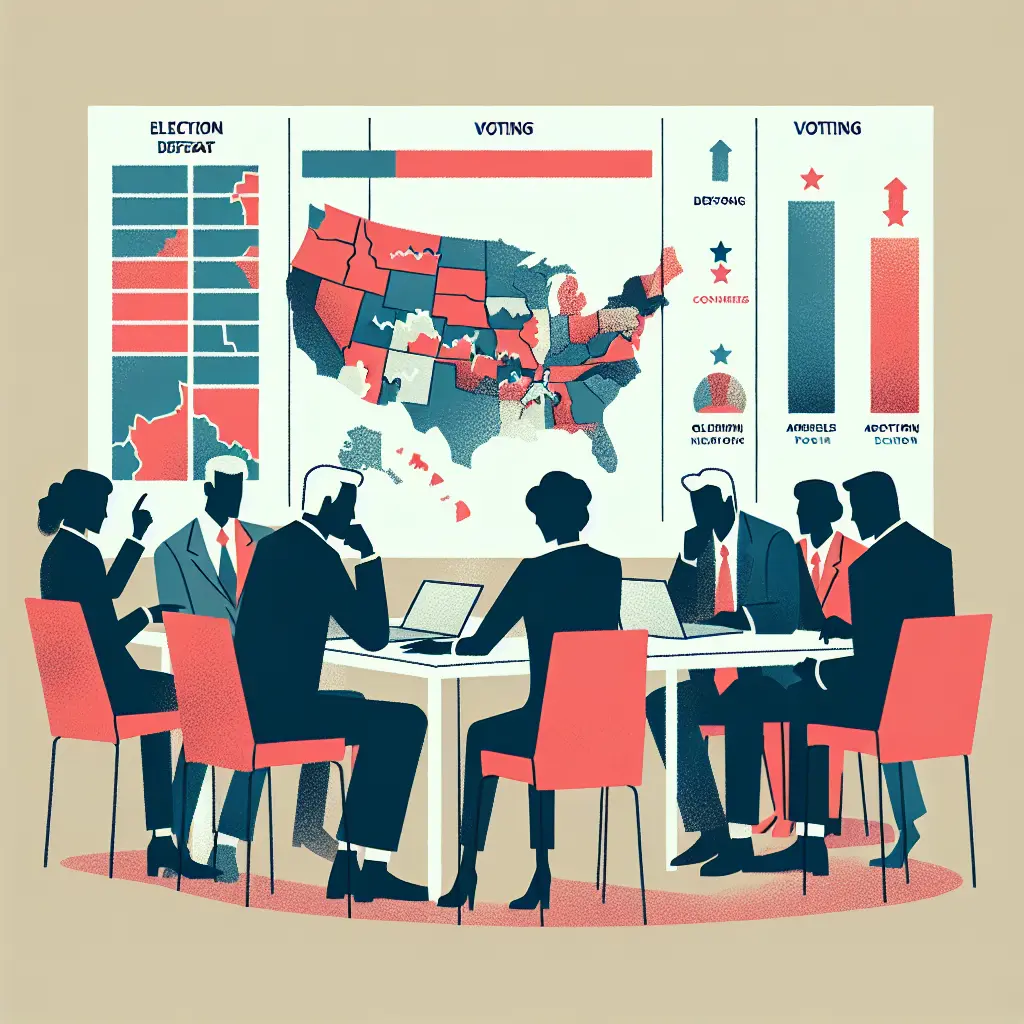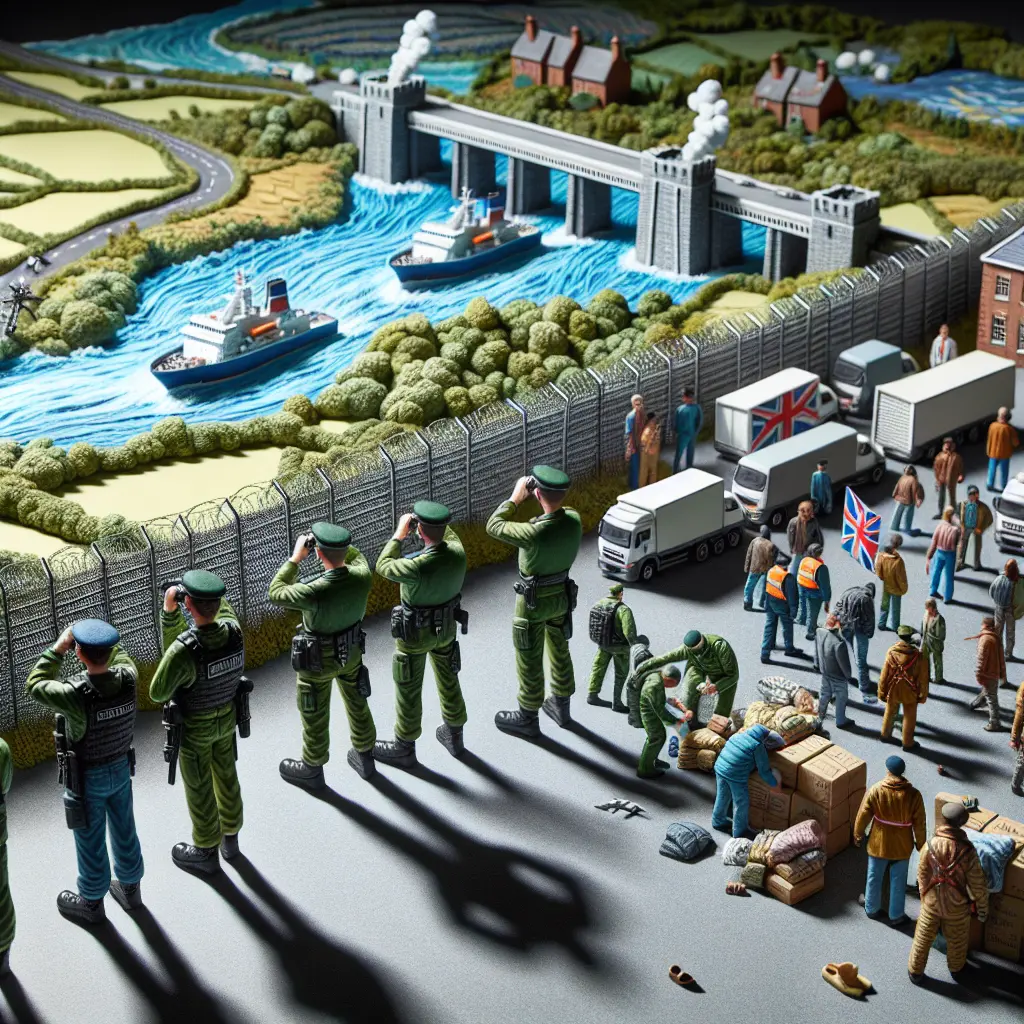The ongoing debate within the Labour Party following recent electoral setbacks has once again thrust UK immigration policy into the national spotlight.
The aftermath of last week's local elections, which saw a significant defeat for the Labour Party at the hands of Nigel Farage's Reform UK, has triggered visible infighting among Labour’s ranks. This internal discord is centering on how the party should address the issue of immigration and its relationship with the British working class.
At the core of the disagreement lies a fundamental question: Who does the Labour Party represent? After the electoral loss, some voices within Labour have argued that the party’s so-called hyper liberal approach, particularly regarding immigration, may be alienating its traditional working-class base. Others, however, maintain that Labour must champion all workers' interests, regardless of their place of birth.
A notable Socialist MP recently declared that Labour must “serve workers wherever they were born,” suggesting a vision of inclusivity that transcends national origins. This stance aims to solidify Labour’s reputation as a party for all workers—both UK-born and immigrants—highlighting the increasingly global nature of modern labour markets.
This public debate within a major political party reflects broader tensions in UK society about immigration. The issues raised include: National Identity vs. Inclusivity—should policies prioritize native-born citizens or extend equal support to all workers, including recent immigrants? There is also the consideration of Economic Realities, as immigrants make up a significant part of various industries, and many argue that restricting support undermines the economy. Finally, there are Electoral Consequences, as seen in recent elections, where the way parties address immigration can have direct impacts on their electoral fortunes.
Labour’s Internal Struggle and Its Impact on Immigration Policy
The Labour Party’s internal struggle is emblematic of a national conversation about how immigration should shape the future of Britain. With parties like Reform UK capitalizing on concerns around migration, mainstream parties are under increasing pressure to clarify their positions. The choices made now will not only affect election outcomes but will also define the UK’s social fabric for years to come.
For more details on this evolving political landscape, you can read the original article here.
As the UK continues to navigate its post-Brexit identity and grapples with shifting political allegiances, immigration remains at the forefront of debate. How parties choose to engage with this issue will ultimately shape not just their own destinies, but also the future of Britain's diverse communities.
Best wishes as you stay informed and engaged with the latest developments in UK immigration policy.
The Future of Britain’s Immigration Debate
Looking forward, it is clear that immigration policy will remain a defining issue for both political parties and the electorate. The balance between inclusivity, economic necessity, and national identity is a challenge that will continue to shape political strategies and public discourse in the UK.
Political leaders and parties will be compelled to articulate clearer stances on immigration if they wish to resonate with an increasingly diverse and complex electorate. These decisions will influence not just policy but the wider social landscape of Britain.
As debates continue and new policies are proposed, public engagement and awareness will be vital in ensuring that all perspectives are considered in shaping Britain’s future.
Ultimately, how this ongoing debate is resolved will play a significant role in determining what kind of society Britain aspires to become in the years ahead.










Leave a Comment